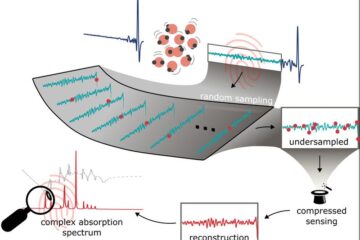molecular marker for minimally invasive diagnostics of either cerebral tumours or inflammable diseases

The work group of Prof. Dr. Eckart Meese at Saarland University identified special features of tumour cells that could constitute a basis for an improved special diagnostic investigation. Tumour antigens were identified which trigger an immune reaction exclusively in patients with glioms or meningeoms. Based on this success re-search was extended on the fields of MS and COPD.
Compared with common procedures, the minimally invasive diagnosis, based on blood analysis, is a very cost-efficient method. Furthermore, this procedure means less inconveniences for the patient (complete blood count only).
Further Information: PDF
Universität des Saarlandes Wissens- und Technologietransfer GmbH PatentVerwertungsAgentur der saarländischen Hochschulen
Phone: +49 (0)681/302-6340
Contact
Dipl. Chem. Dagmar Vössing, Dipl.-Kfm. Axel Koch MBA, Dipl. Ing. Gerd Schneider
Media Contact
All latest news from the category: Technology Offerings
Newest articles

How evolution has optimised the magnetic sensor in birds
The magnetic sense of migratory birds is probably based on the protein cryptochrome 4, and a genetic study has now provided further support for this theory. A team of researchers…

Molecular Fingerprint Beyond the Nyquist Frequency
Ultrafast laser spectroscopy allows the ascertainment of dynamics over extremely short time scales, making it a very useful tool in many scientific and industrial applications. A major disadvantage is the…

High-energy-density aqueous battery based on halogen multi-electron transfer
Traditional non-aqueous lithium-ion batteries have a high energy density, but their safety is compromised due to the flammable organic electrolytes they utilize. Aqueous batteries use water as the solvent for…

















